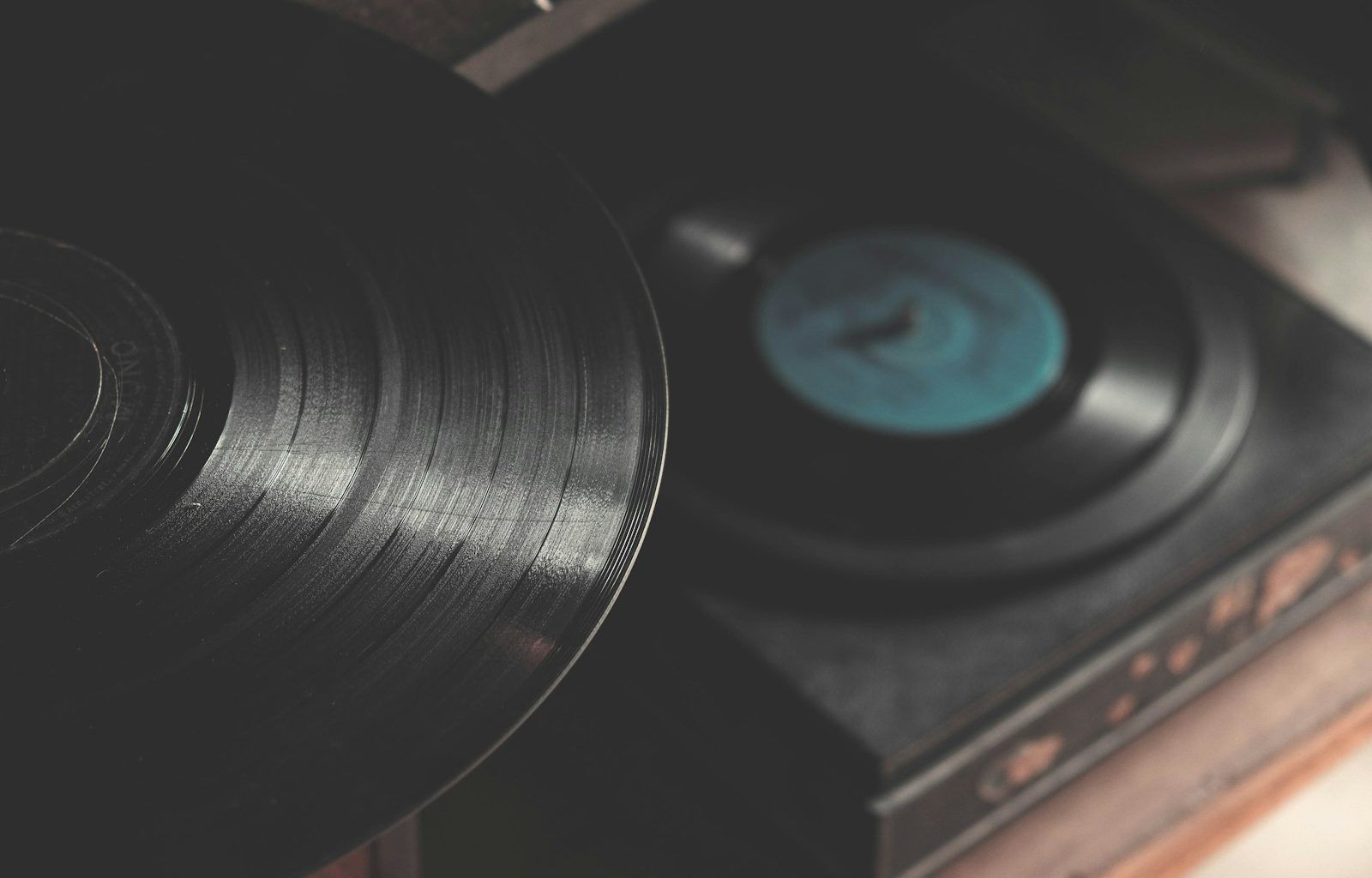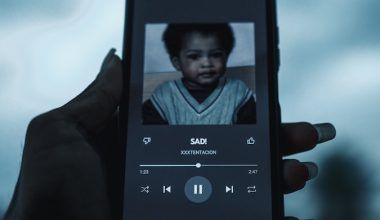Music. A simple word that carries infinite depth. But what does music mean? To some, it’s a soothing escape after a long day. To others, it’s a way to express emotions too complex for words. Whether it’s the gentle strumming of a guitar, the pounding beat of a drum, or the intricate melodies of an orchestra, music resonates in ways that words cannot.
Music is universal. It’s found in every culture, every corner of the world. But its meaning is deeply personal. It can evoke joy, sadness, nostalgia, or even inspiration. And yet, the beauty of music is that it’s open to interpretation. Each person hears it differently, shaped by their unique experiences and feelings.
In this blog, we’ll explore what music truly means, touching on its emotional, cultural, and personal significance. Let’s dive into the world of music and uncover its magic together.
The Emotional Connection: How Music Moves Us
Have you ever heard a song that made you cry? Or one that instantly lifted your spirits? That’s the power of music. It’s more than just sound; it’s an emotional journey. Music has a way of tapping into our feelings, often before we even realize what we’re feeling.
Research shows that music stimulates the brain’s emotional centers. It releases dopamine—the “happy” chemical—which explains why we feel a rush of joy when we hear our favorite song. But music isn’t just about happiness. It can also provide comfort during tough times, helping us process grief, anger, or heartbreak.
For example, classical compositions like Beethoven’s “Moonlight Sonata” evoke a sense of melancholy and introspection, while upbeat pop songs like Pharrell’s “Happy” make us want to dance. And sometimes, the lyrics of a song speak directly to our soul, as if the artist truly understands what we’re going through.
Music as a Cultural Treasure
Beyond personal emotions, music holds immense cultural value. It tells stories, preserves history, and brings communities together. Each culture has its unique musical traditions, from the rhythmic beats of African drums to the intricate ragas of Indian classical music.
Music is often tied to significant life events and celebrations. Think of wedding songs, national anthems, or religious hymns. These pieces carry deep meaning and unite people in shared experiences. They serve as a bridge between generations, passing down traditions and values through melodies and lyrics.
For instance, jazz, born in the African-American communities of New Orleans, tells a story of resilience and innovation. Similarly, folk songs often reflect the struggles and triumphs of everyday life, preserving the essence of a community’s identity.
The Personal Meaning of Music
While music connects us on a cultural level, it’s also intensely personal. What does music mean to you? Perhaps it’s a memory of singing along with friends on a road trip. Or the song that played during your first dance at your wedding.
Music has a unique way of anchoring memories. A single song can transport us back in time, reminding us of a specific moment or person. This is why many people create playlists for different phases of their lives. Each track tells a part of their story.
Moreover, creating music adds another layer of personal meaning. For musicians, it’s a form of self-expression and creativity. Writing a song, playing an instrument, or singing allows them to communicate their innermost thoughts and emotions.
Why Music Matters in Our Daily Lives
Imagine a world without music. No background tunes in movies, no cheerful jingles in commercials, no songs to sing in the shower. Life would feel incomplete, wouldn’t it? Music enhances our everyday experiences, often in subtle ways we don’t even notice.
Think about how music sets the mood. A calming playlist can make a long commute bearable. Energetic beats can motivate you during a workout. And soft melodies can help you unwind before bed. Music has the power to shape our environment and influence our emotions.
Furthermore, music fosters connection. Sharing a song with someone, attending a concert together, or even humming the same tune creates a sense of belonging. It reminds us that we’re not alone—someone, somewhere, understands how we feel.
Music and Mental Health
Music isn’t just entertainment; it’s therapeutic. Many studies highlight its benefits for mental health. Listening to music can reduce stress, improve mood, and even alleviate symptoms of anxiety and depression.
Music therapy is a growing field, using music to help people cope with various challenges. Whether it’s playing an instrument, writing lyrics, or simply listening, music offers a safe space for healing. For those struggling with memory loss, like Alzheimer’s patients, familiar songs can evoke memories and improve cognition.
The Science Behind Music’s Impact
Why does music affect us so deeply? The answer lies in the brain. Music activates multiple regions, including those responsible for emotion, memory, and motor skills. This explains why tapping your foot to a beat feels almost instinctive.
Interestingly, different types of music impact the brain in unique ways. Fast tempos can energize us, while slow, melodic tunes have a calming effect. Lyrics add another dimension, engaging the language-processing centers of the brain.
Moreover, the science of sound—or acoustics—plays a role. The vibrations and frequencies of music interact with our body, influencing our heart rate, breathing, and even blood pressure. This physiological response is why music feels so immersive.
Conclusion: Music Is What You Make of It
So, what does music mean? There’s no single answer. Music is emotion, culture, memory, connection, and so much more. It’s a universal language that speaks to the heart, yet its meaning is deeply personal.
Whether you’re dancing to a lively beat, reflecting on a poignant melody, or creating your own tunes, music is a part of who we are. It’s a source of joy, comfort, and inspiration—a reminder of the beauty in life’s rhythm.
For further reading, explore these related articles:
For additional resources on music marketing and distribution, visit DMT Records Private Limited.






